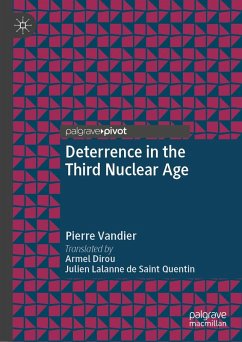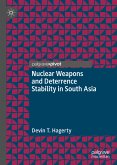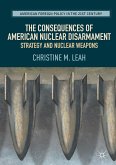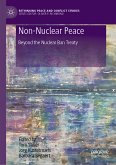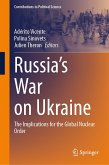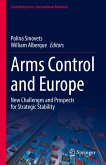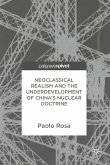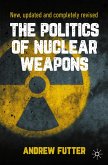After five decades of the Cold War, known as the first nuclear age, the world attempted to eliminate nuclear weapons through treaties and disarmament initiatives. This marked the second nuclear age, where peace efforts fostered hope that these weapons might become obsolete. However, during the first decade of the 21st century, cracks began to appear in this ambition, notably with North Korea's withdrawal from the Nuclear Non-Proliferation Treaty.
Today, the nuclear factor dominates the geopolitical landscape in a new and alarming way. New players have emerged, some of whom do not adhere to the rules established during the Cold War. Russia, for example, resorted to nuclear blackmail against the West in the early days of its invasion of Ukraine. This marks the onset of a third nuclear age-characterized by greater complexity, increased volatility, and the presence of new actors who are dangerously navigating their learning curves.
Dieser Download kann aus rechtlichen Gründen nur mit Rechnungsadresse in A, B, BG, CY, CZ, D, DK, EW, E, FIN, F, GR, HR, H, IRL, I, LT, L, LR, M, NL, PL, P, R, S, SLO, SK ausgeliefert werden.

